Homeschool Heroes
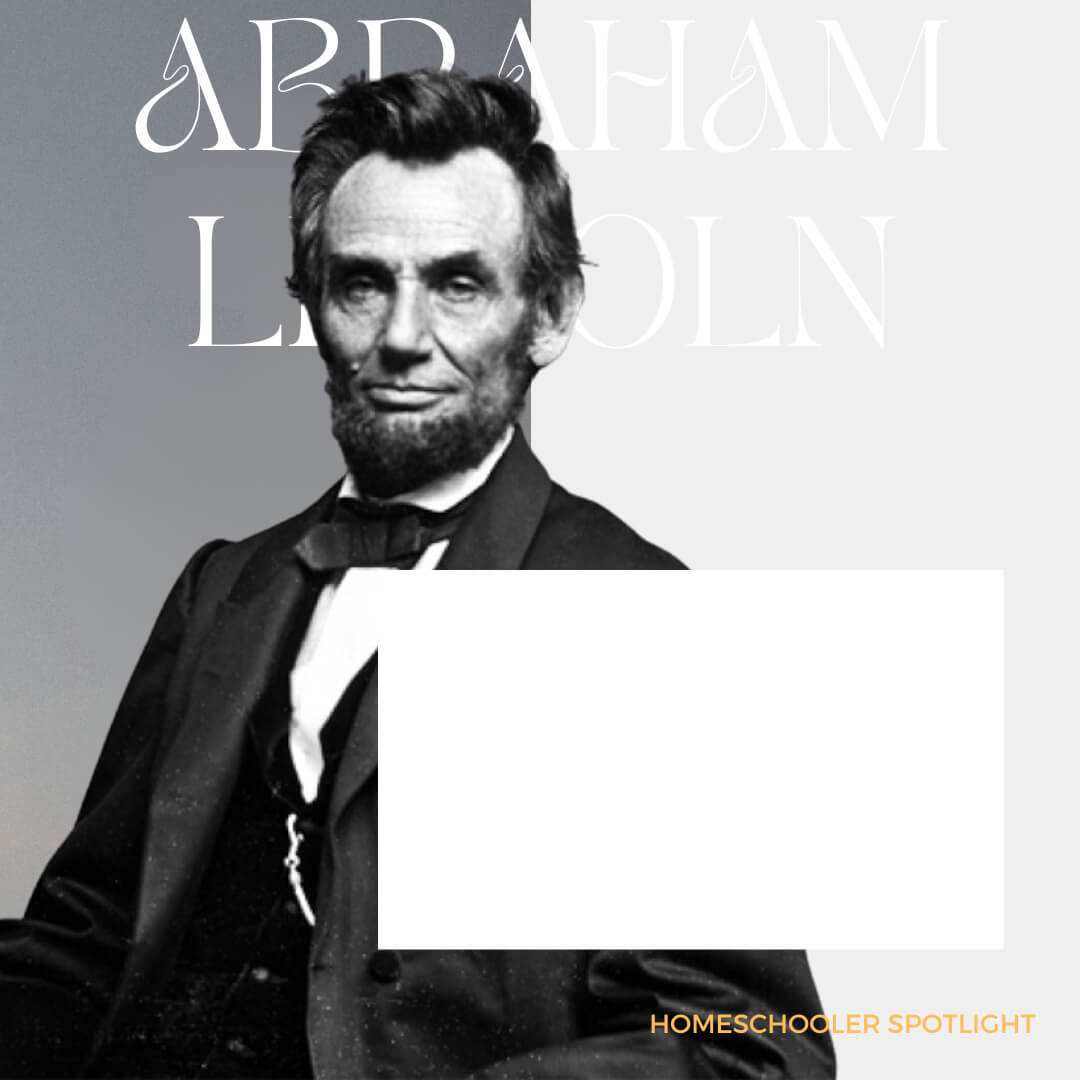
Abraham Lincoln
Abraham Lincoln, the 16th President of the United States, is renowned for leading the nation through the Civil War and abolishing slavery.
Lincoln’s legacy, embodied in the Gettysburg Address and his dedication to democracy and human rights, continues to inspire ideals of freedom, unity, and justice in America.

Agatha Christie
Agatha Christie, a prolific British author of detective fiction in the 20th century, is celebrated for her iconic mysteries.
Her famous characters, including Hercule Poirot and Miss Marple, continue to intrigue readers, and her works remain cornerstones of the mystery genre.
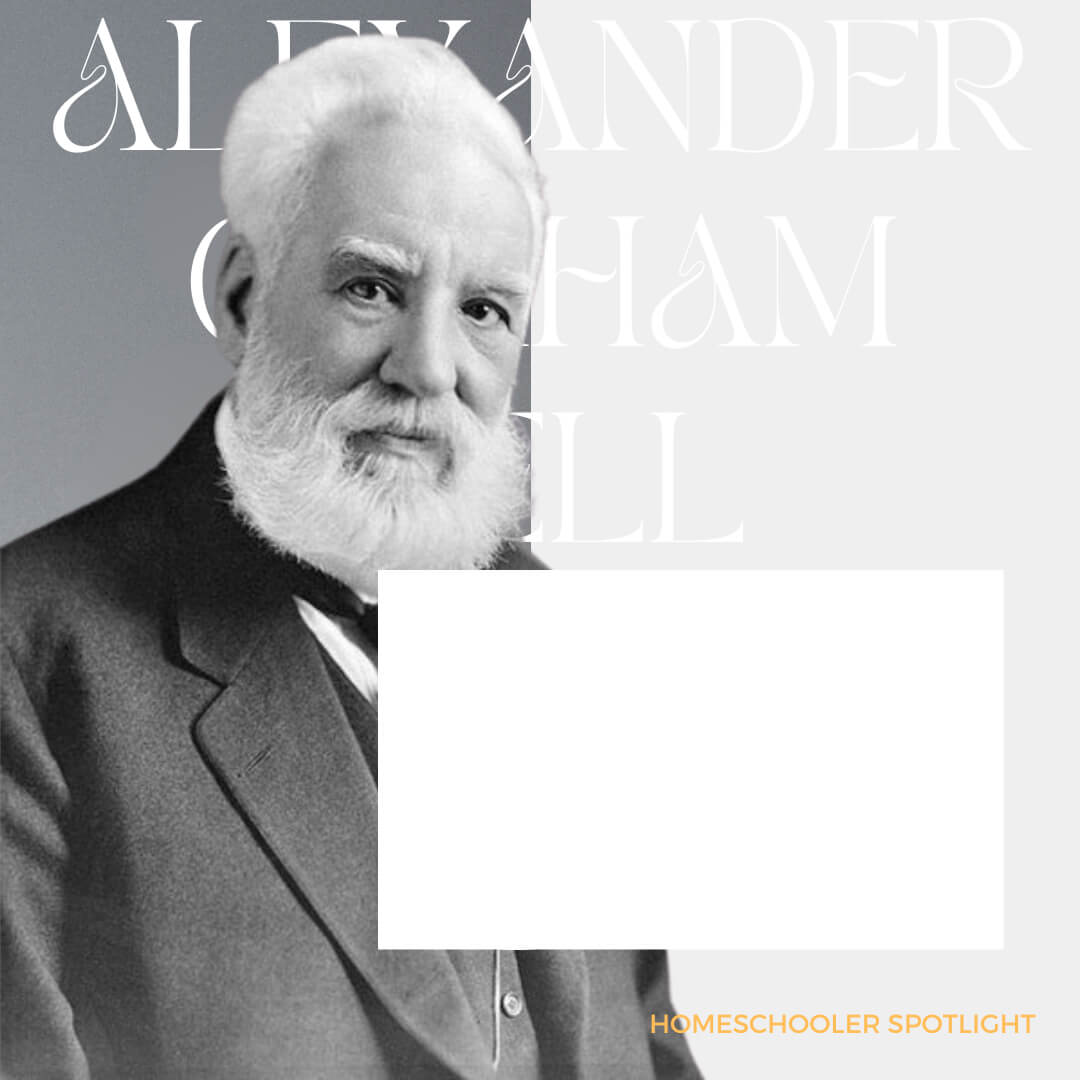
Alexander Graham Bell
Alexander Graham Bell, best known for inventing the telephone, revolutionized communication and laid the groundwork for modern telecommunications.
His contributions, extending to the refinement of the phonograph and pioneering work in optical telecommunications, profoundly influenced technological innovation and accessibility.

Amelia Earhart
Amelia Earhart, the first woman to fly solo across the Atlantic, broke numerous aviation records and championed women’s rights.
Her legacy, marked by her pioneering flights and enigmatic disappearance, continues to inspire adventurers and advocates for gender equality.

Andrew Carnegie
Andrew Carnegie, a key figure in the American steel industry, is famed for his vast philanthropic efforts.
His investments in libraries, education, and research reshaped American philanthropy and cultural development.

Andrew Wyeth
Andrew Wyeth, a prominent American artist of the 20th century, is acclaimed for his realist and emotionally evocative paintings.
His iconic works, such as ‘Christina’s World,’ reflect a deep connection to the rural landscapes of Pennsylvania and Maine, leaving an indelible mark on American art.

Ansel Adams
Ansel Adams, a renowned photographer and environmentalist, revolutionized landscape photography with his stunning black-and-white images of the American West.
His work, particularly in Yosemite National Park, has become synonymous with the beauty of untouched wilderness and the art of photography.
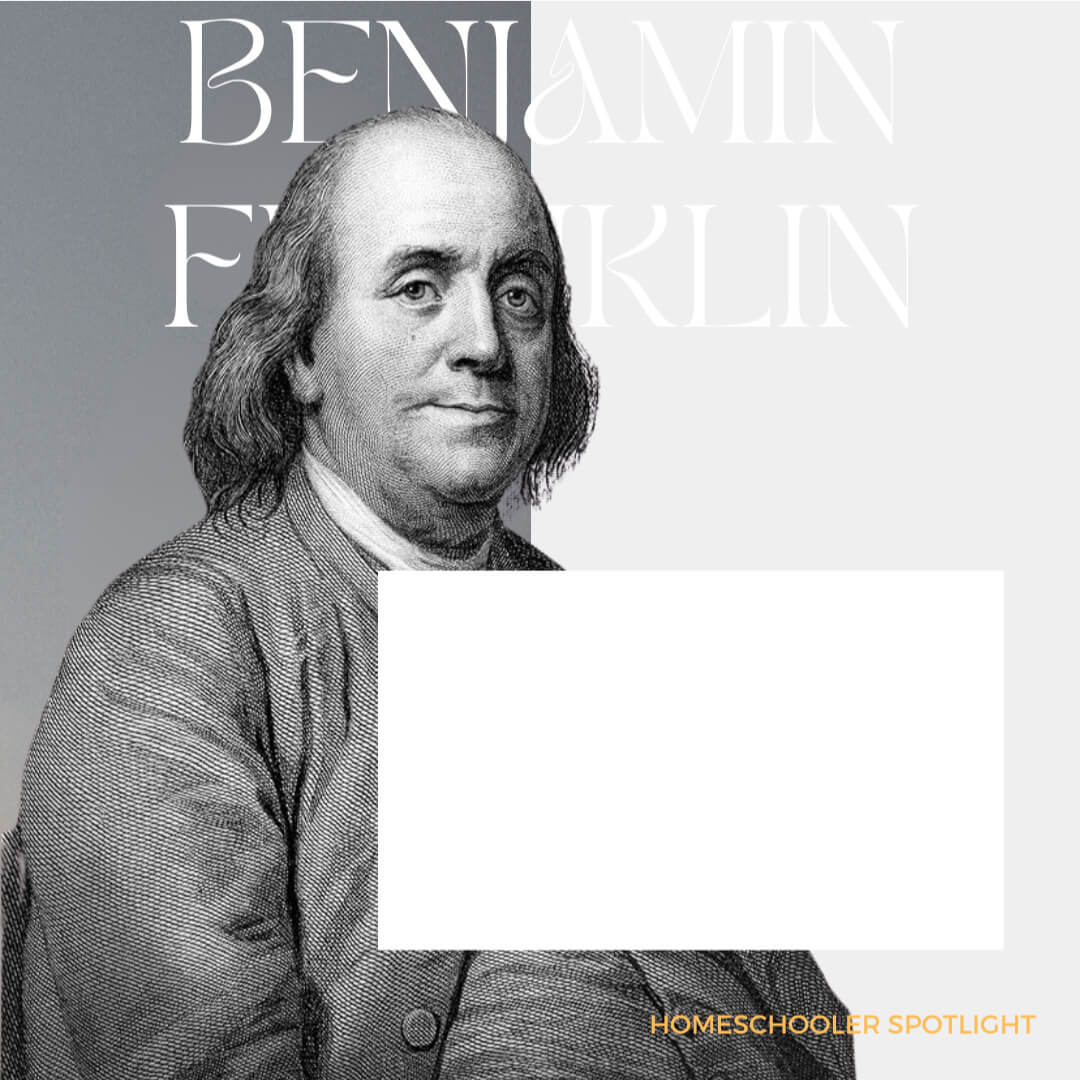
Benjamin Franklin
Benjamin Franklin, a Founding Father, was a polymath influential in science, politics, and diplomacy.
His inventions and key roles in drafting the U.S. Constitution and French diplomacy are pivotal to America’s formation.

Blaise Pascal
Blaise Pascal, a brilliant mathematician, physicist, and philosopher of the 17th century, made profound contributions to various fields.
His inventions, such as the Pascaline calculator, and pioneering work in probability theory, continue to influence mathematics and science today.

Booker T. Washington
Booker T. Washington, a prominent African-American educator and leader in the late 19th and early 20th centuries, was instrumental in advancing the cause of Black education.
As the founder of the Tuskegee Institute and a proponent of vocational education, he improved educational opportunities for African Americans during a challenging period.
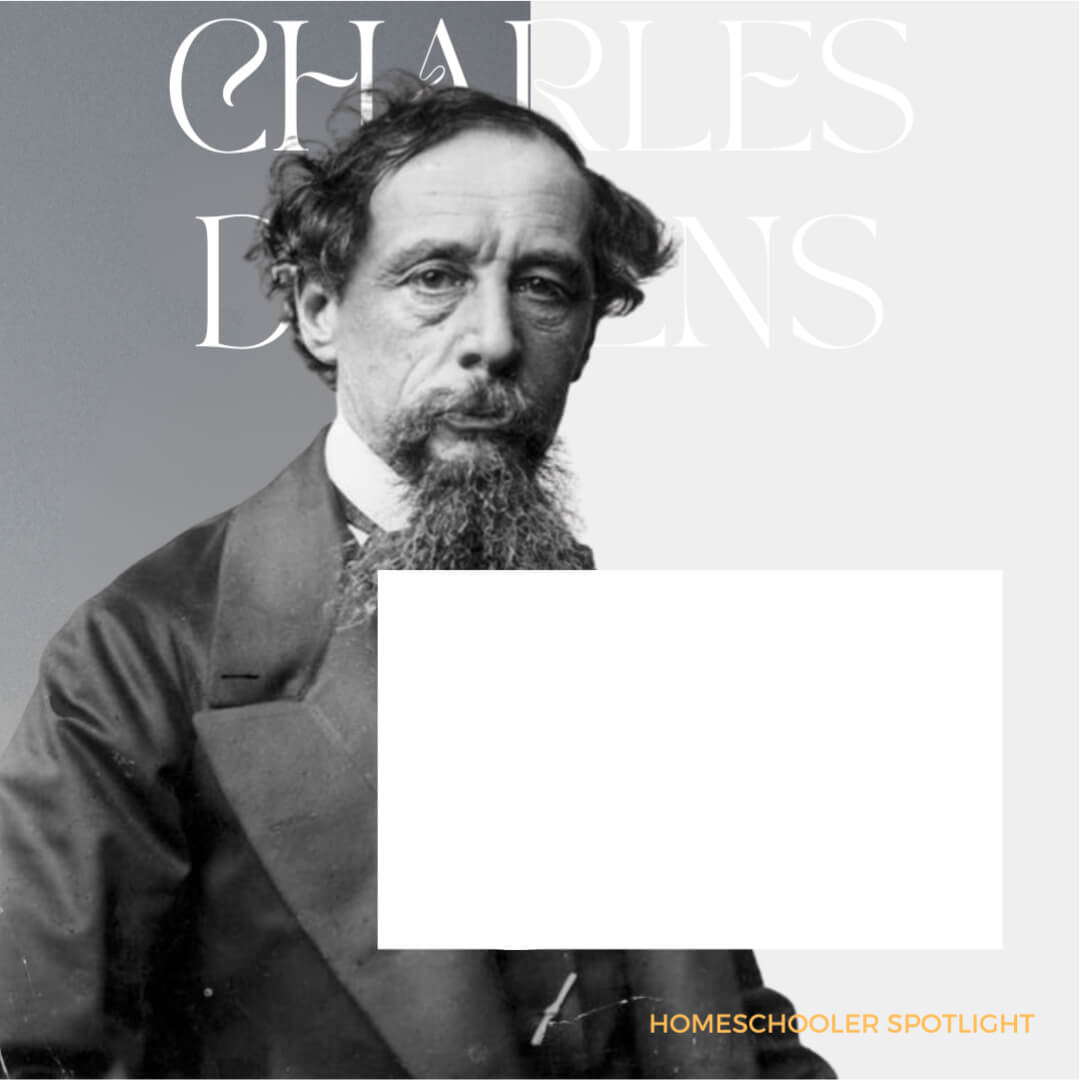
Charles Dickens
Charles Dickens, a literary icon, is celebrated for his vivid portrayals of Victorian life and his critique of social injustices.
His novels, including “A Tale of Two Cities” and “Great Expectations,” remain enduring classics, influencing generations of writers and readers alike.

Claude Monet
Claude Monet, a founder of French Impressionist painting, is renowned for his exploration of light and color, notably in landscapes.
His series works, like “Water Lilies” and “Haystacks,” profoundly influenced the evolution of modern art, emphasizing spontaneous, personal expression in painting.

Condoleezza Rice
Condoleezza Rice, the first African-American woman to serve as U.S. Secretary of State, held office from 2005 to 2009, shaping key foreign policies.
An expert in Soviet and East European studies, her contributions have significantly impacted international relations.

C.S. Lewis
C.S. Lewis, a prolific British writer and scholar of the 20th century, is known for his imaginative and thought-provoking works.
His beloved books, including ‘The Chronicles of Narnia’ series and influential essays on Christianity, continue to inspire readers with their depth and creativity.
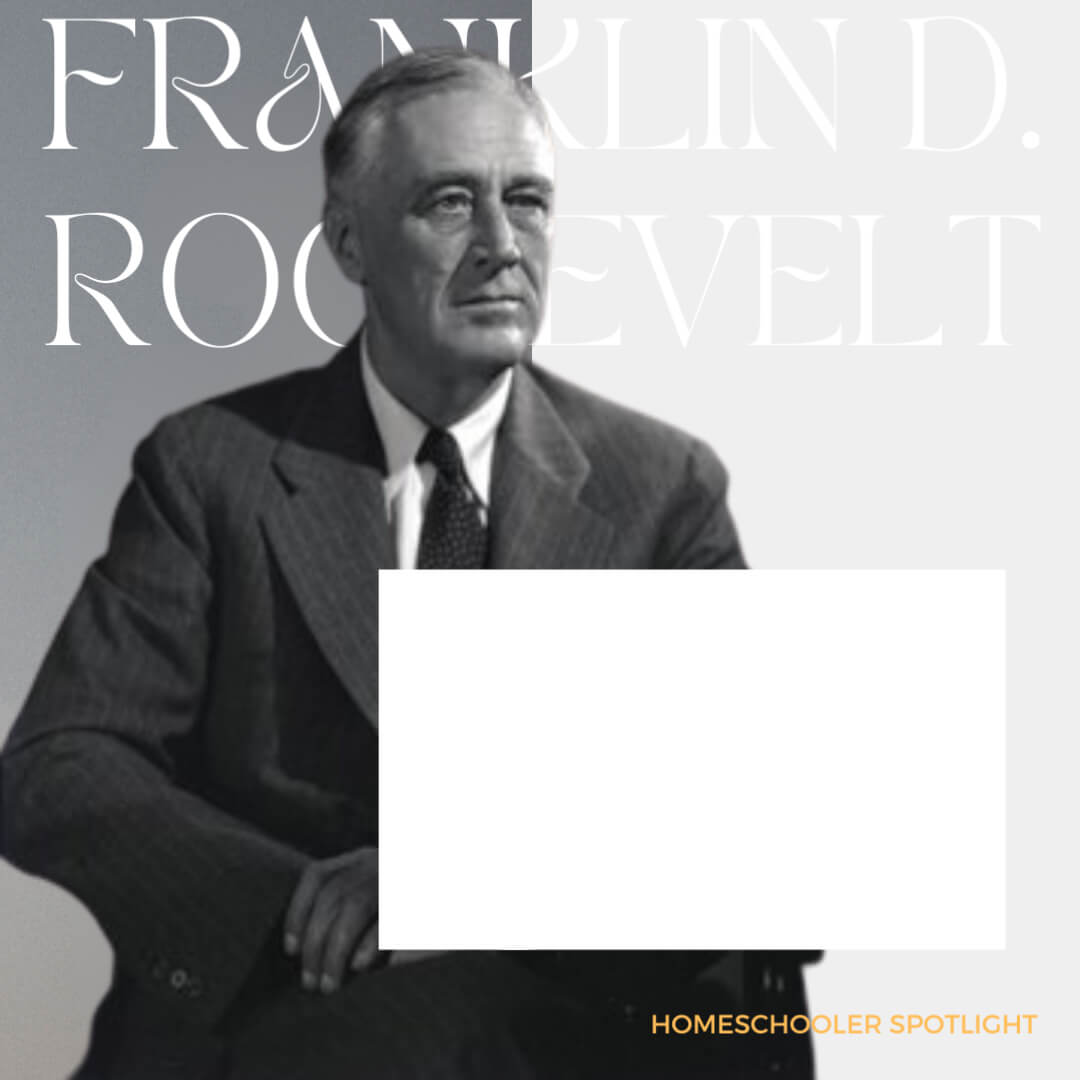
Franklin D. Roosevelt
Franklin D. Roosevelt, 32nd U.S. President, led the nation through the Great Depression and World War II, introducing the New Deal.
His legacy, marked by four terms and Social Security, reshaped U.S. social and economic policies, emphasizing government’s role in welfare.

George Bernard Shaw
George Bernard Shaw, an influential Irish playwright and critic of the 19th and 20th centuries, left an indelible mark on the world of theater.
His thought-provoking plays, such as ‘Pygmalion’ and ‘Man and Superman,’ challenge societal norms and continue to be celebrated for their wit and social commentary.
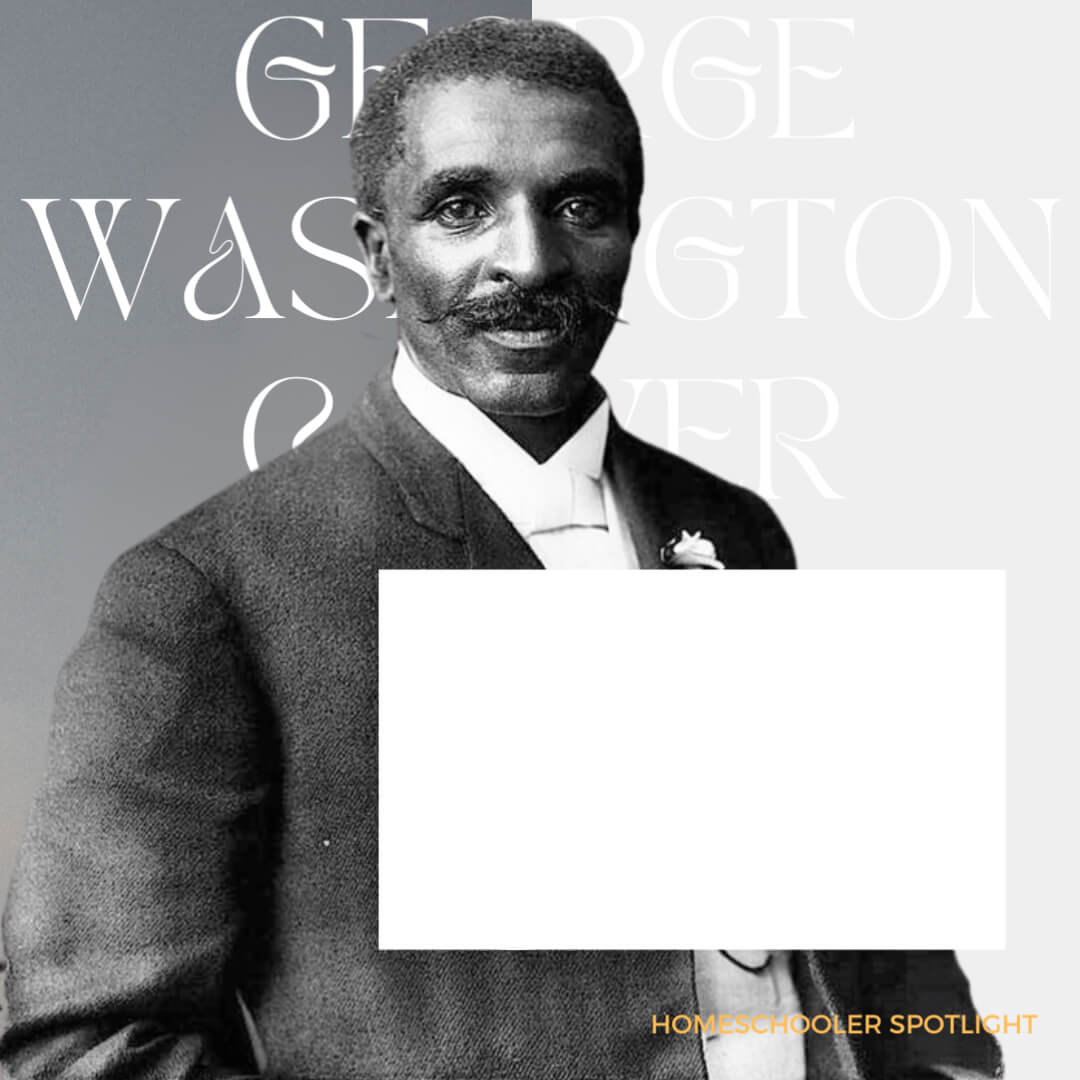
George Washington Carver
George Washington Carver, a prominent African American scientist and inventor, is celebrated for his agricultural innovations and research in crop rotation.
His work, particularly with peanuts and sweet potatoes, greatly influenced sustainable farming practices and rural economies in the early 20th century.
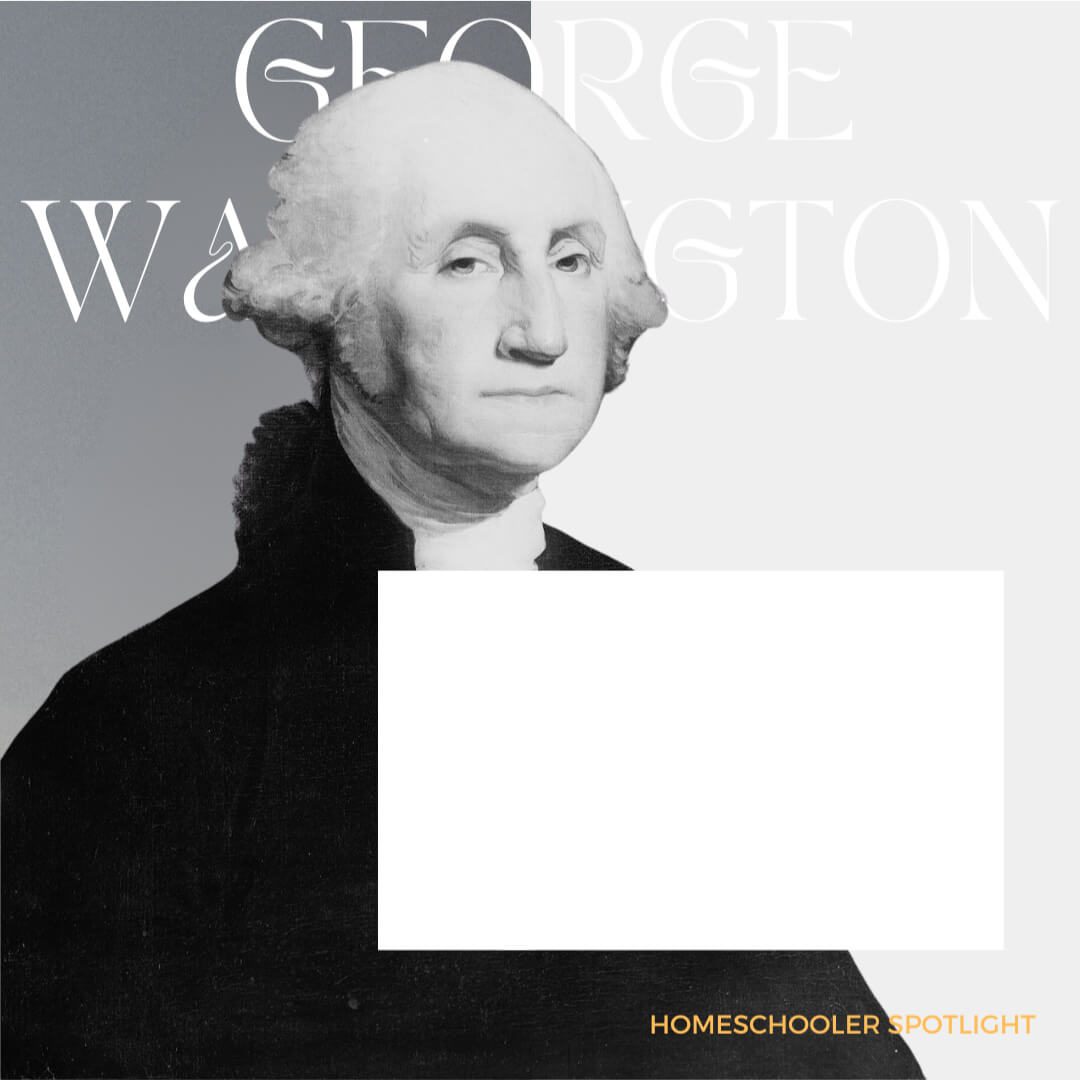
George Washington
George Washington, the first President of the United States, played a pivotal role in the founding of the nation and set many precedents for the presidency.
His leadership in the American Revolution and his efforts in shaping the U.S. Constitution have established him as a central figure in American history and a symbol of national unity.

Grandma Moses
Grandma Moses, a celebrated American folk artist of the 20th century, gained fame for her charming and nostalgic paintings.
Her works, characterized by their simplicity and rural scenes, captured the essence of rural life and continue to be cherished for their enduring appeal.

Guglielmo Marconi
Guglielmo Marconi, a pioneering Italian inventor and electrical engineer of the late 19th and early 20th centuries, made groundbreaking contributions to wireless telegraphy.
His invention of the radio and the first transatlantic wireless communication transformed communication technology.

Helen Keller
Helen Keller, who overcame the challenges of being deaf and blind, became an influential advocate for the disabled and a renowned author.
Her activism and literary work, promoting education and rights for the disabled, have left a profound impact on social attitudes and policies regarding disabilities.

Jamie Wyeth
Jamie Wyeth, a renowned American artist of the 20th century, is celebrated for his realist and emotionally resonant paintings.
His notable works, like ‘Portrait of Pig,’ convey a profound connection to the landscapes and people of coastal Maine, contributing to the legacy of American art.
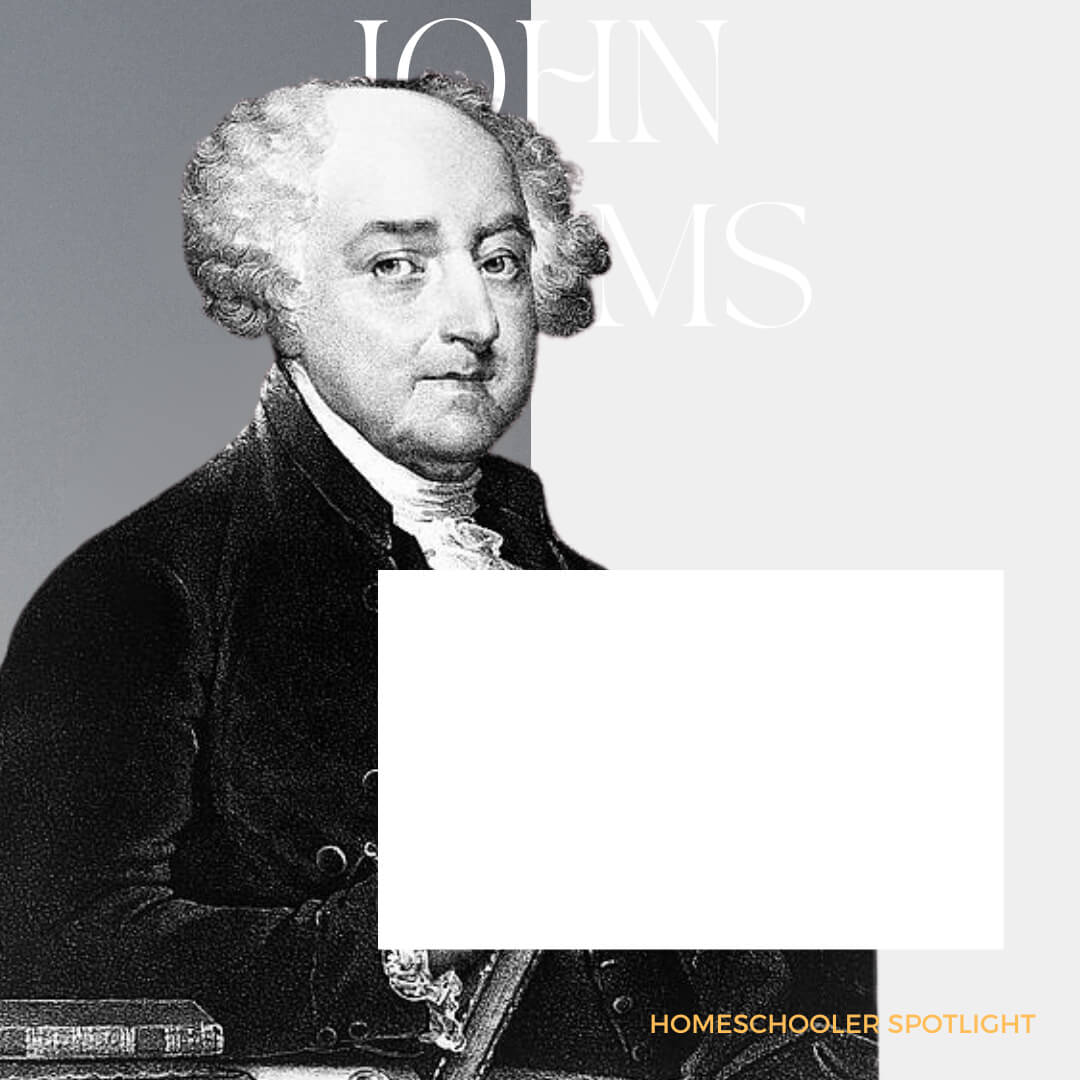
John Adams
John Adams, the second U.S. President, was instrumental in the American Revolution and a major figure in drafting the Declaration of Independence.
His presidency and earlier diplomatic work in Europe significantly shaped the early political and foreign policies of the United States.

John Philip Sousa
John Philip Sousa, famed as ‘The March King,’ revolutionized American military and patriotic music with his rousing marches, including ‘Stars and Stripes Forever.’
His compositions, which epitomize the spirit of national pride, continue to be staples in military and public celebrations.
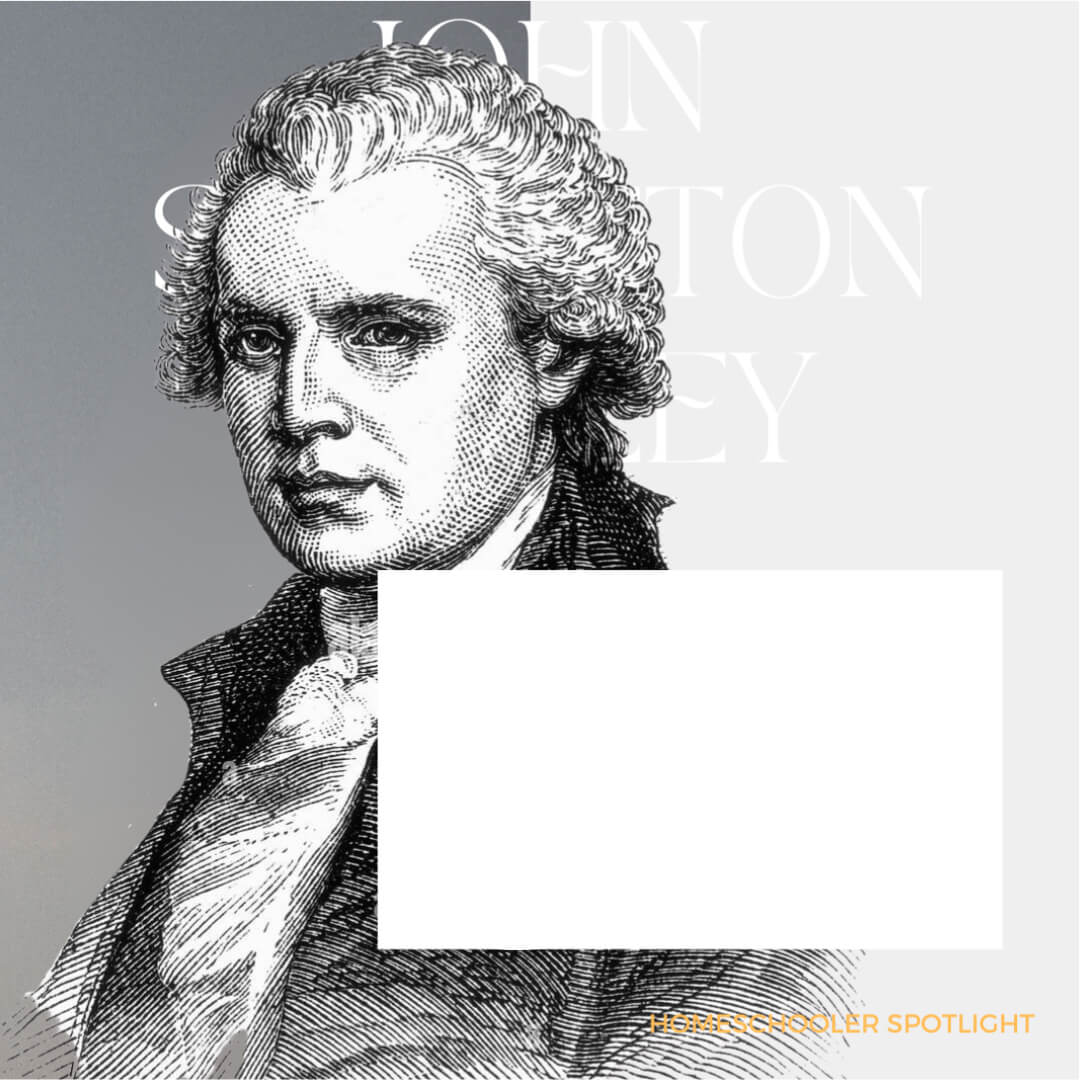
John Singleton Copley
John Singleton Copley, a distinguished American painter of the 18th century, is renowned for his masterful portraiture.
His detailed and lifelike portraits captured the essence of colonial America and contributed significantly to the country’s artistic heritage.
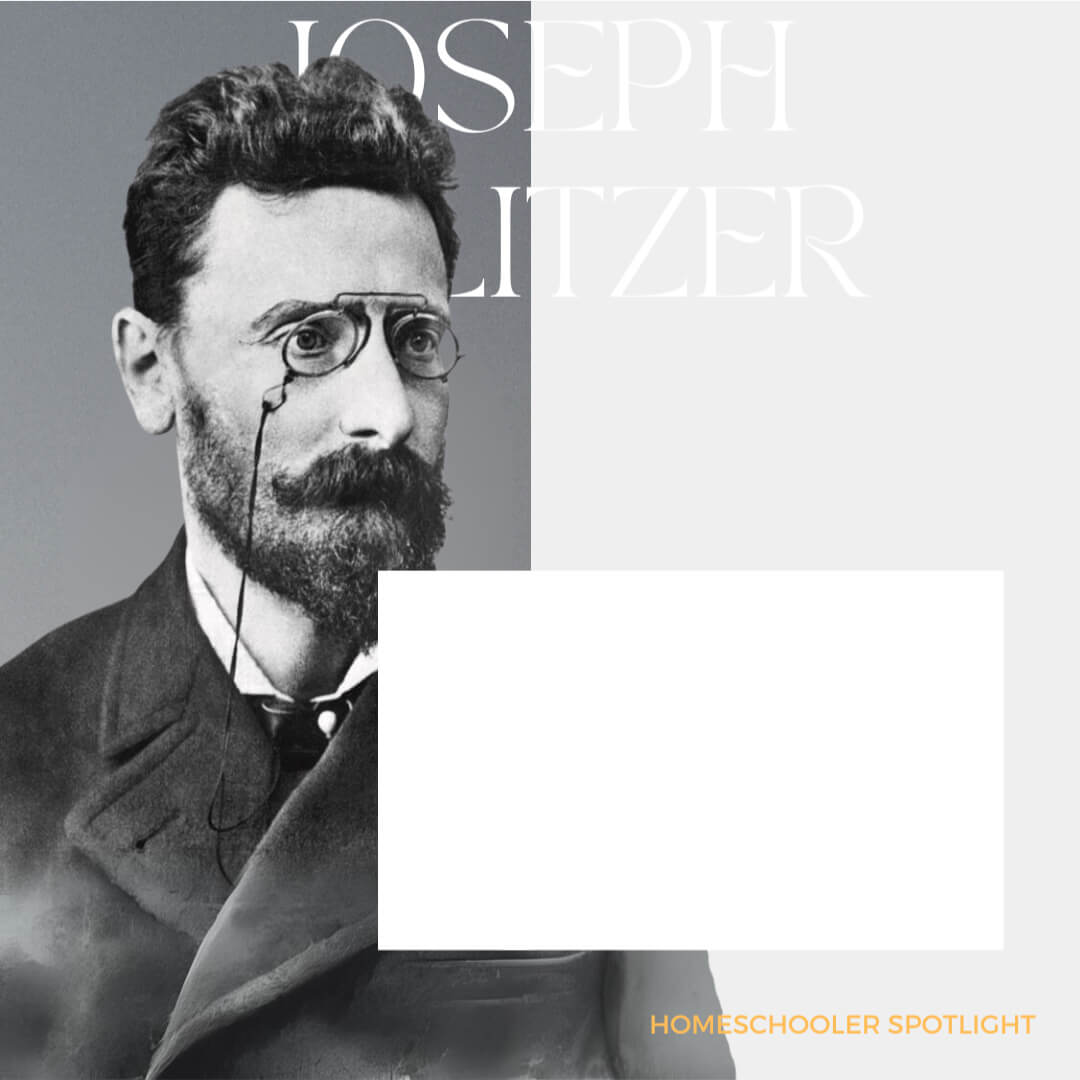
Joseph Pulitzer
Joseph Pulitzer, a prominent American newspaper publisher and journalist of the late 19th century, left a lasting legacy in the field of journalism.
As the creator of the Pulitzer Prizes and owner of ‘The World’ newspaper, he championed investigative reporting and quality journalism, shaping the standards of the profession.

Justin Bieber
Justin Bieber, a global pop sensation, achieved early fame with his debut album topping the US Billboard 200, making him the youngest solo male act to achieve this feat.
He became the first artist with five US number-one albums by age 18 and has a Grammy Award to his name, with notable hits like the record-breaking “Despacito”.

Leonardo da Vinci
Leonardo da Vinci, a Renaissance polymath, excelled as an artist, scientist, and inventor, epitomizing the Renaissance humanist ideal.
His works, like the Mona Lisa and The Last Supper, alongside his innovative studies in anatomy, flight, and engineering, have left an indelible mark on art and science.

Louis Armstrong
Louis Armstrong, a pioneering jazz musician, transformed the landscape of American music with his innovative trumpet playing and distinctive gravelly voice.
Celebrated for classics like ‘What a Wonderful World’ and ‘Hello, Dolly!’, he played a key role in popularizing jazz worldwide.
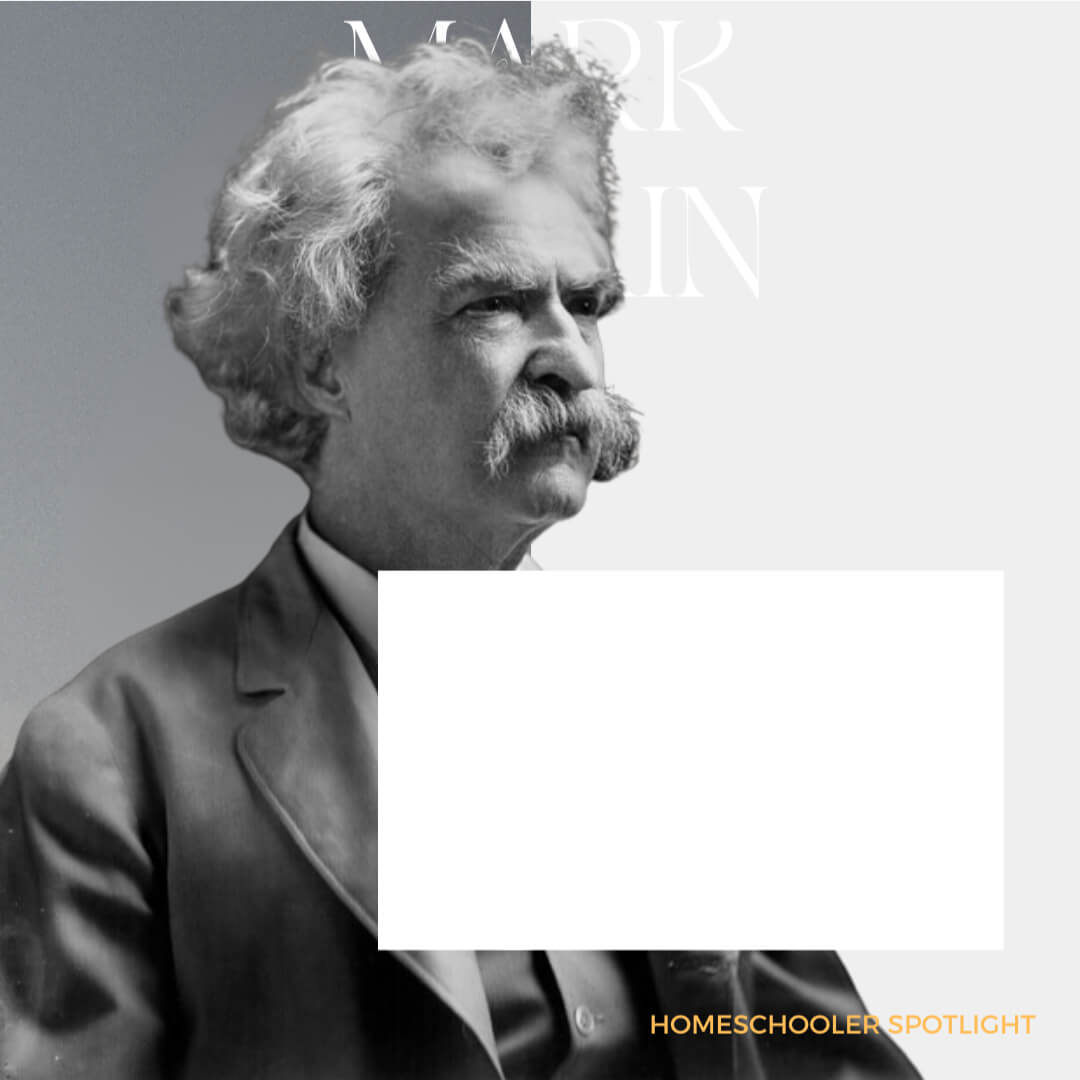
Mark Twain
Mark Twain, a celebrated American author and humorist of the 19th century, is renowned for his wit and literary works.
His classics like ‘The Adventures of Tom Sawyer’ and ‘Adventures of Huckleberry Finn’ captivate readers with timeless humor and social commentary.

Oliver Heaviside
Oliver Heaviside, a pioneering physicist and mathematician, made groundbreaking contributions to electrical theory.
His work in electromagnetism, including formulating Maxwell’s equations, revolutionized electrical engineering and telecommunications.”

Olivia Rodrigo
Olivia Rodrigo has garnered three Grammy Awards, three Billboard Hot 100 number-one singles, and two Billboard 200 number-one albums. Her record includes five multi-Platinum certifications, an American Music Award, seven Billboard Music Awards, and three MTV Video Music Awards, highlighting her rapid rise in the music industry.
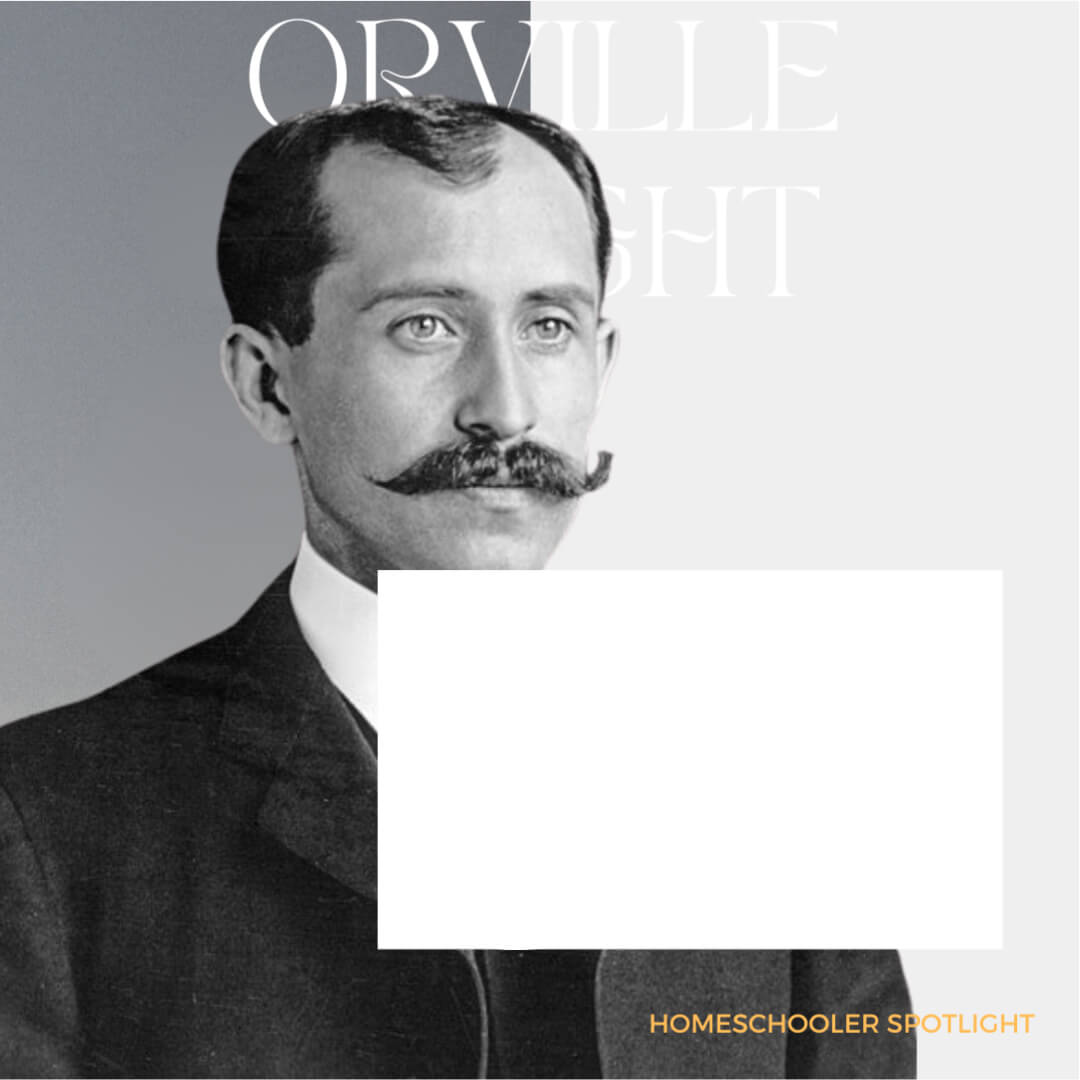
Orville Wright
Orville Wright, a pioneering American aviator and inventor of the early 20th century, made historic strides in aviation.
As one of the Wright brothers, he achieved the first powered, controlled, sustained flight, ushering in the era of modern aviation.

Pierre Curie
Pierre Curie, a pioneering physicist, made groundbreaking contributions to the study of radioactivity.
Together with his wife Marie Curie, he discovered radium and polonium, leading to a profound revolution in atomic physics.

Ray Kroc
Ray Kroc, a visionary American entrepreneur of the 20th century, transformed the fast-food industry.
As the driving force behind the expansion of McDonald’s, he turned it into a global powerhouse, revolutionizing the way the world eats and franchises business.
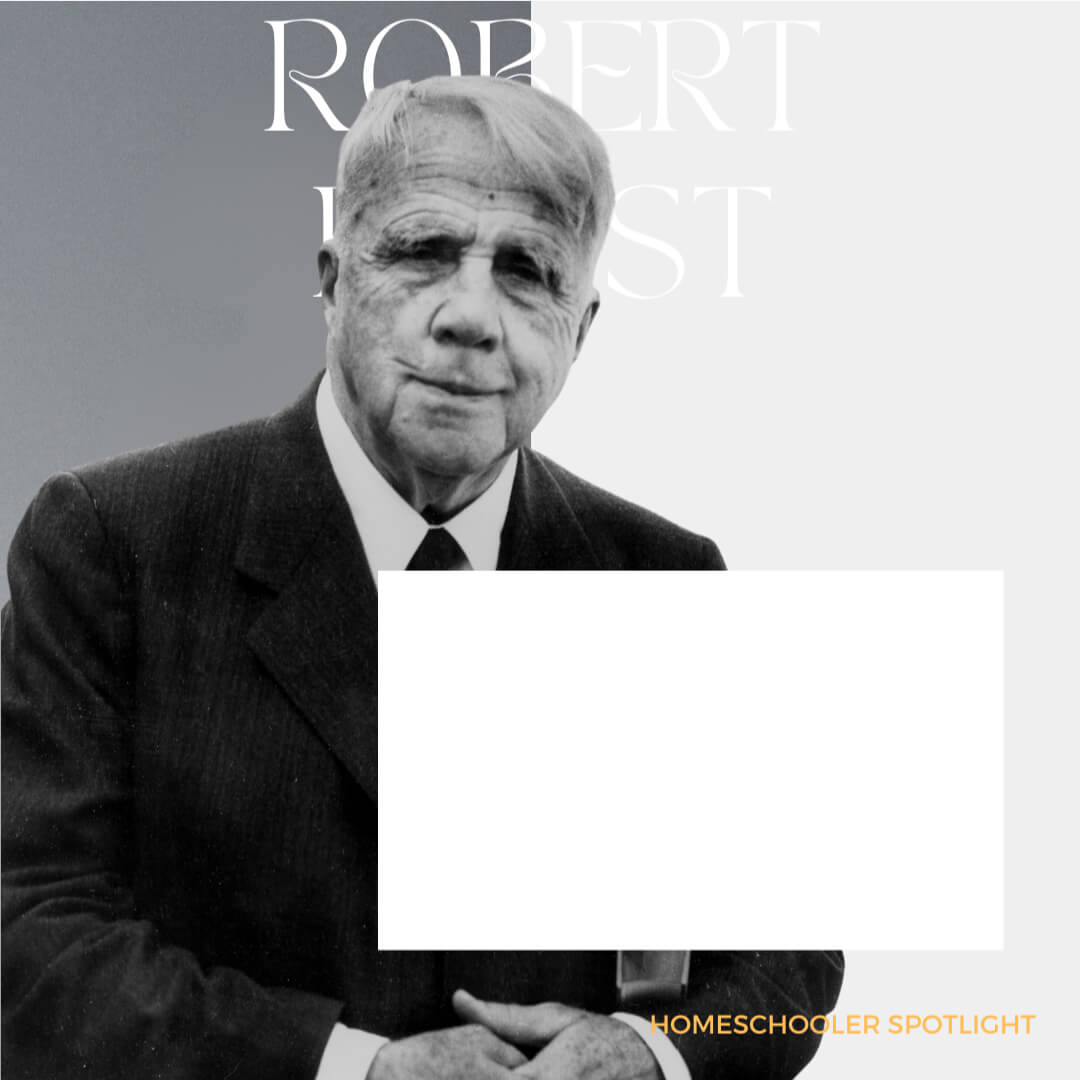
Robert Frost
Robert Frost, a renowned American poet of the 20th century, is celebrated for his evocative and lyrical verse.
His timeless poems, such as ‘The Road Not Taken’ and ‘Stopping by Woods on a Snowy Evening,’ resonate with readers and have left an enduring mark on American literature.

Serena Williams
Serena Williams, a legendary figure in tennis, rose to fame by winning her first Grand Slam title at the US Open in 1999, becoming an international sports icon.
Known for her powerful playing style, she has won 23 Grand Slam singles titles, the most by any player in the Open Era, and has held the world No. 1 ranking numerous times.

Taylor Swift
Taylor Swift boasts 11 Grammy Awards, over 200 million records sold worldwide, and an extensive list of chart-topping hits.
Her songwriting prowess and global impact have secured her a legendary status in the music industry.

Franklin D. Roosevelt
Franklin D. Roosevelt, 32nd U.S. President, led the nation through the Great Depression and World War II, introducing the New Deal.
His legacy, marked by four terms and Social Security, reshaped U.S. social and economic policies, emphasizing government’s role in welfare.

Thomas Edison
Thomas Edison set up his first lab at the age of 10 in the basement of his family home. His inventions include Phonograph, first practical Light Bulb, & the Motion Picture Camera.
He’s registered over 1093 patents and founded 14 companies including General Electric.

Thomas Jefferson
Thomas Jefferson, the third President of the United States, is renowned for drafting the Declaration of Independence and his advocacy of democracy and individual rights.
His contributions, including the Louisiana Purchase and the founding of the University of Virginia, greatly influenced the expansion and intellectual landscape of early America.
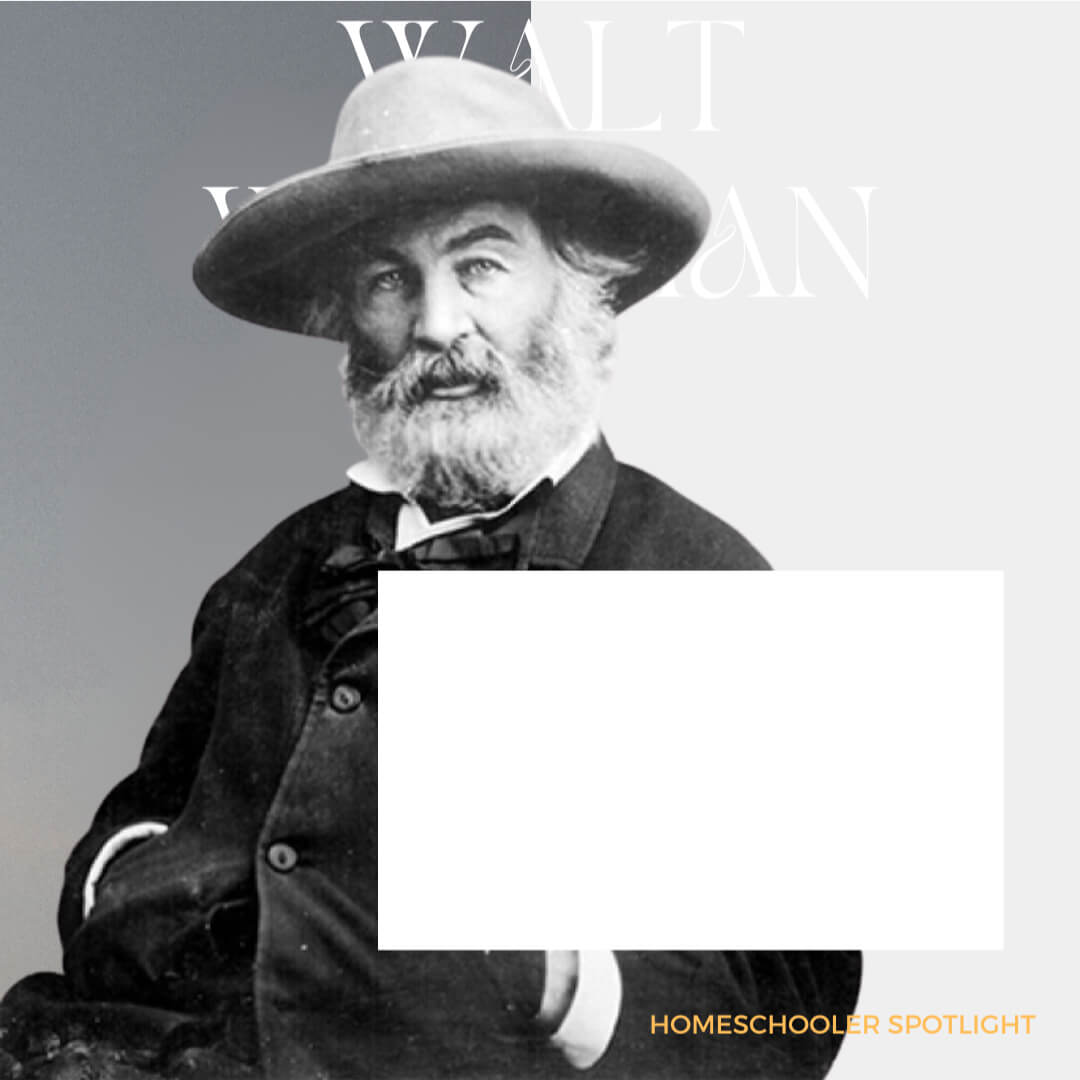
Walt Whitman
Walt Whitman, a celebrated American poet of the 19th century, is known for his profound and innovative poetry.
His iconic work, ‘Leaves of Grass,’ celebrates the beauty of the individual and the diversity of human experience, leaving an enduring impact on American literature.

Wilbur Wright
Wilbur Wright, a pioneering American aviator and inventor of the early 20th century, played a crucial role in the development of aviation.
As one of the Wright brothers, he achieved the first powered, controlled, sustained flight, marking a historic milestone in the history of aviation.

William Blake
William Blake, a visionary poet, painter, and printmaker of the late 18th and early 19th centuries, left an indelible mark on the Romantic era.
His unique blend of artistic and literary talents produced timeless works like ‘Songs of Innocence and Experience,’ exploring themes of imagination, spirituality, and the human condition.
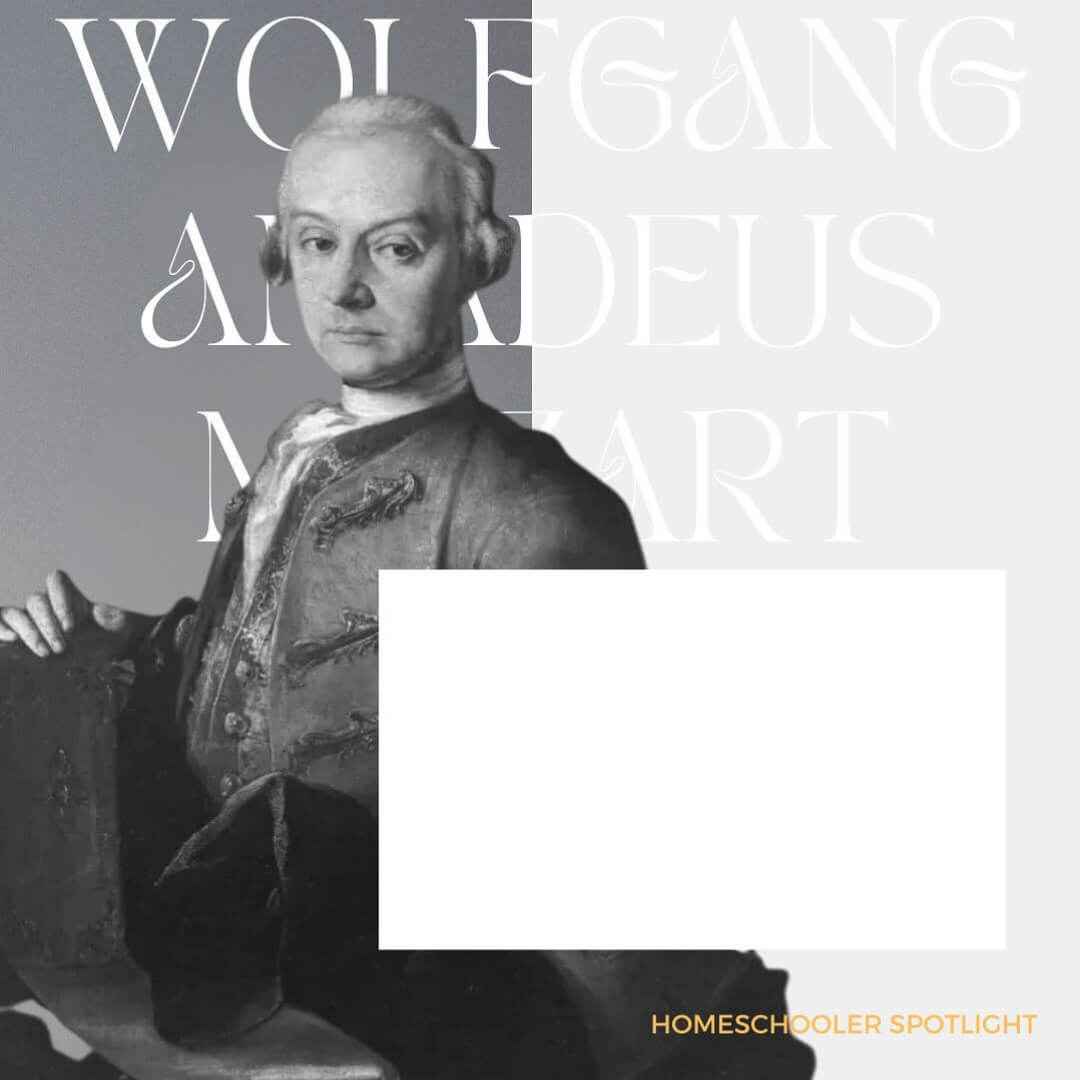
Wolfgang Amadeus Mozart
Wolfgang Amadeus Mozart started composing at 5. By his teens, he had toured Europe, performing for royalty. He crafted over 600 works, including “The Magic Flute” and “Don Giovanni,” influencing generations of composers.
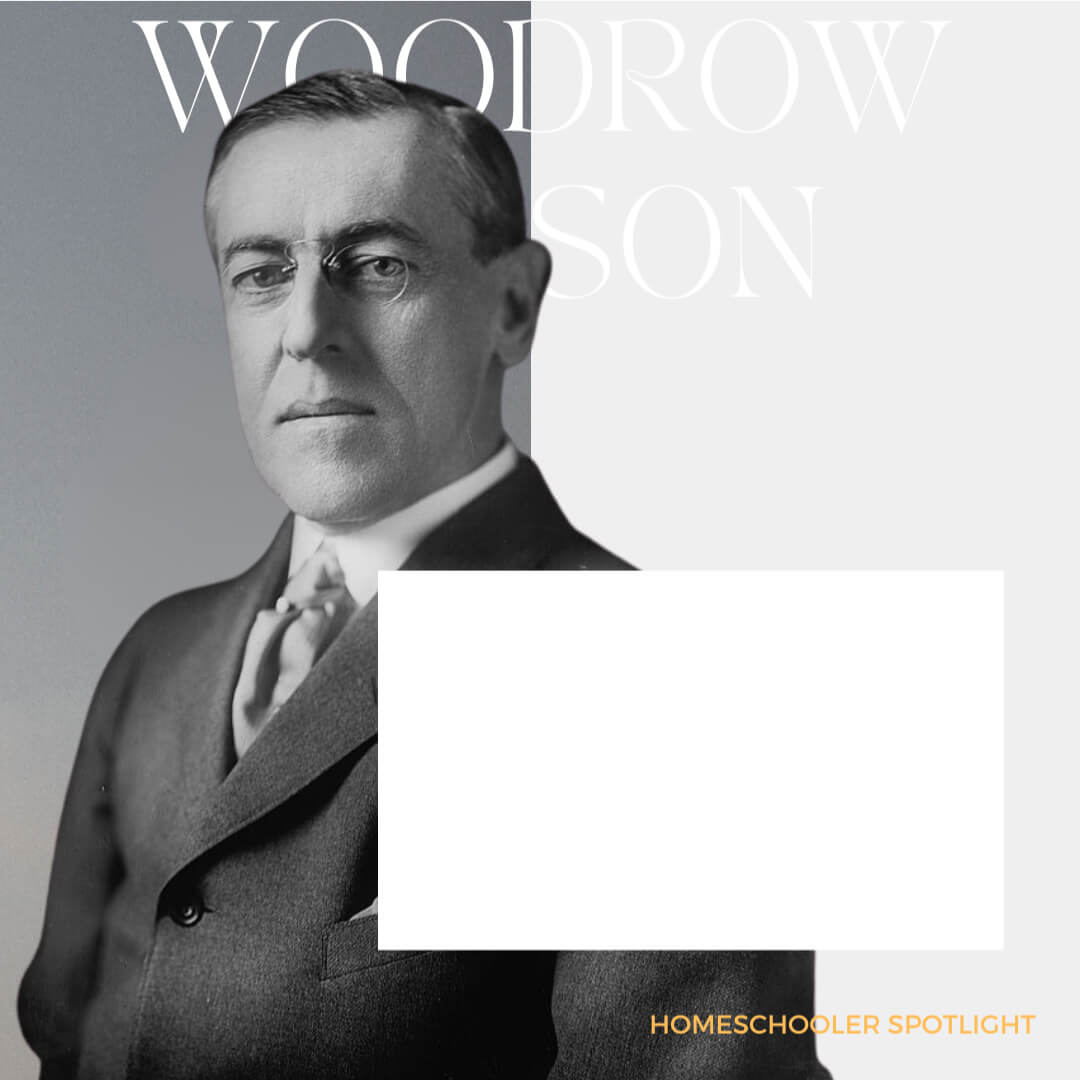
Woodrow Wilson
Woodrow Wilson, the 28th President of the United States from 1913 to 1921, is celebrated for his progressive reforms, including the Federal Reserve Act. His pivotal role in shaping the League of Nations reflects his significant impact on both domestic and international fronts, leaving a lasting legacy.


